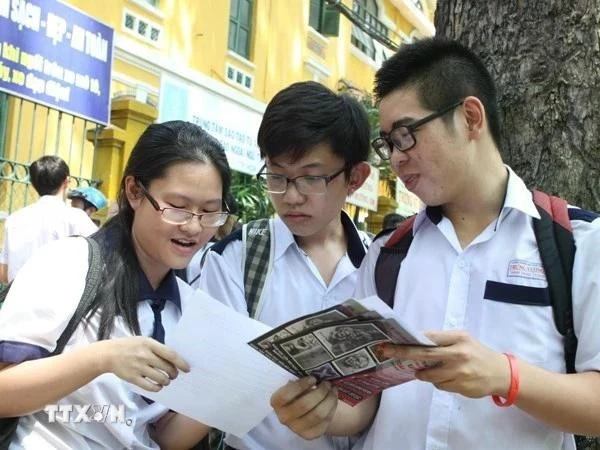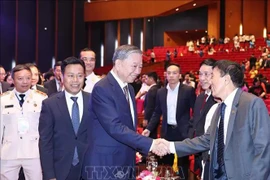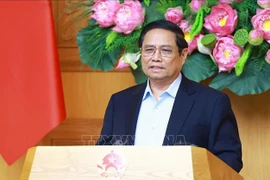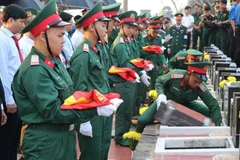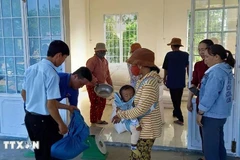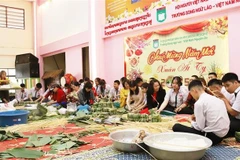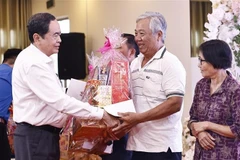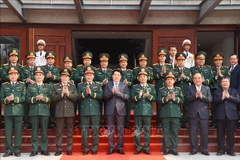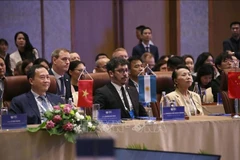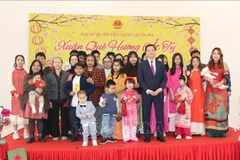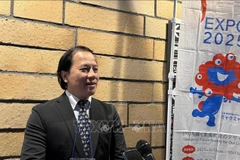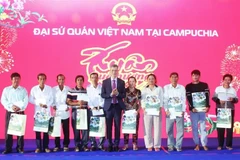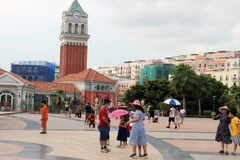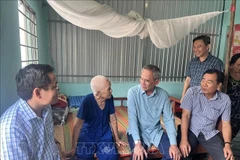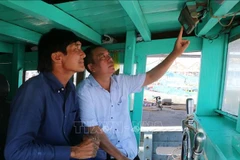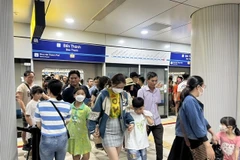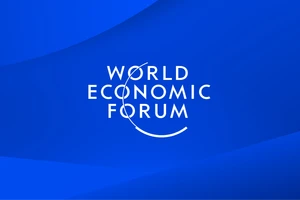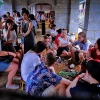Hanoi (VNA) – Vietnam’s education sector aims to meet advanced standards of the Asian region by 2030 and those of the world by 2045 as outlined in the national education development strategy until 2030 with a vision to 2045, which was approved under Decision No. 1705/QD-TTg signed by Deputy Prime Minister Le Thanh Long.
The strategy’s objectives is to modernise Vietnam's education system, build on and enhance the nation’s good traditions, adopt global civilisations, foster the comprehensive development of Vietnamese people, and meet the requirements of socio-economic development in the new era.

It aims to actively participate in and adapt to the Fourth Industrial Revolution and the latest advancements in science and technology, with a focus on morality and personality education, maximising each individual's potential and creative abilities, laying the foundation for achieving the goal of a prosperous, democratic, fair, and civilised nation with happiness and prosperity.
Specifically, for pre-school level, the strategy sets a target of 38% of children of pre-school age to attend nursery school, and 97% of children of kindergarten age to be enrolled. Meanwhile, 100% of kindergarten teachers are expected to meet the required qualification standards as stipulated by the Education Law.
For general education, the strategy aims to firmly maintain the results of universal primary and secondary education, with 75% of centrally-run cities and provinces meeting level-3 primary education standards, 40% meeting level-3 secondary education standards, and 60% satisfying level-2 secondary education standards.
The strategy also sets goals for high completion rates, including 99.7% for primary education, 99% for secondary, and 95% for high school education. Additionally, the promotion rates from primary to secondary, and from lower secondary to high school are hoped to reach 99.5% and 95%, respectively. Furthermore, 100% of primary school students are expected to attend two sessions per day.
Private general education establishments are set to comprise 5% of the total, drawing 5.5% of total students.
All primary, lower secondary, and high school classrooms will be solidly constructed, with 70% of primary schools, 75% of secondary schools, and 55% of high schools meeting national standards, according to the strategy.
Regarding tertiary education, the strategy aims to achieve at least 260 university students per 10,000 people, with 33% of university students aged 18-22, and 1.5% being international students in Vietnam. At least 40% of faculty members should hold doctoral degrees.
The proportion of students enrolled in Science, Technology, Engineering, and Mathematics (STEM) fields is hoped to reach 35%.
Vietnam expects at least five universities to rank among the top 500 globally, with five more ranked among the top 200 universities in Asia, advancing the nation to the top four Southeast Asian countries with the best higher education systems and among the top 10 in Asia.
By 2030, 10 administrative units should join UNESCO’s Global Learning Cities Network.
To achieve these goals, the strategy outlines 10 major tasks and solutions, focusing on improving the legal framework; innovating education management and school governance; ensuring equal access to education; expanding the network of educational institutions to meet citizens' learning needs; modernising content, teaching methods, and assessment; developing teachers and education administrators; securing financial resources and infrastructure for education development; promoting the use of technology and digital transformation in education; enhancing scientific research and innovation in higher education; and strengthening international integration.
The strategy also sketches out a number of support policies for children and students with disadvantaged backgrounds./.
